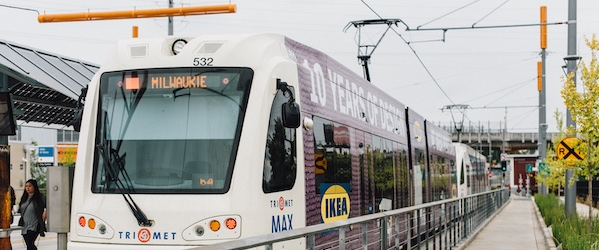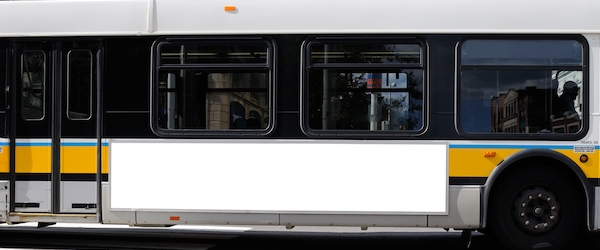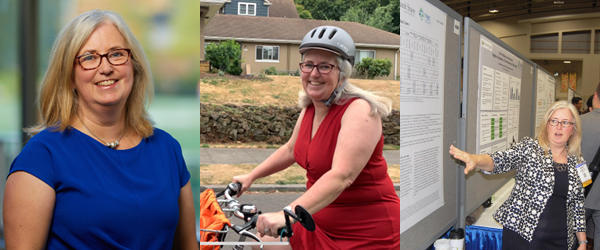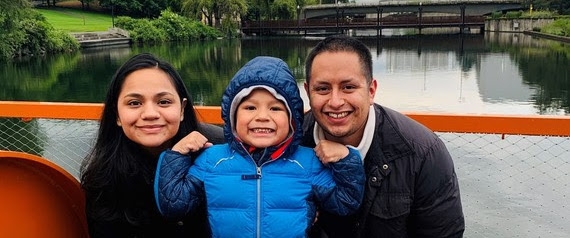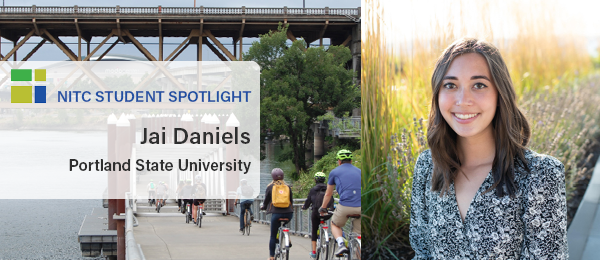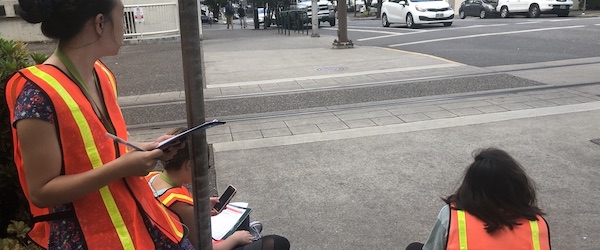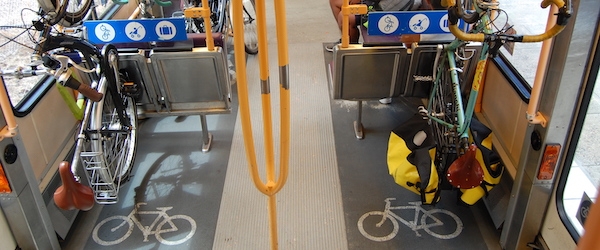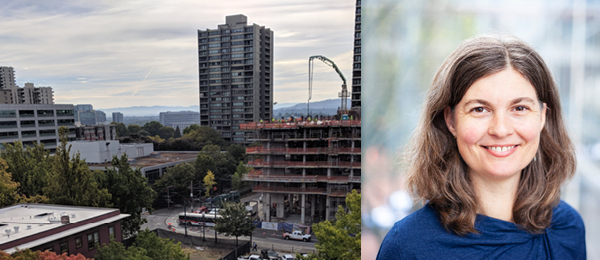Dr. Huajie Yang, who graduated in 2020 with a PhD in Urban Studies and Planning from Portland State University, devoted his doctoral research to studying the impacts of light rail transit. His dissertation, "Short-term and Long-term Effects of New Light Rail Transit Service on Transit Ridership and Traffic Congestion at Two Geographical Levels," quantitatively examines the effect of new Light Rail Transit (LRT) services on transit ridership and traffic congestion over time.
Connect with Huajie Yang on LinkedIn
Yang examined light rail's impacts at two different geographic levels. At the corridor level, he conducted case studies of two light rail lines in the Portland, Oregon region (TriMet's Green and Orange MAX lines). At the regional level, he used a synthetic control method to construct a control Urbanized Area that closely approximates the counterfactual transit ridership and traffic congestion scenario - in the absence of light rail projects - in three urbanized areas across America.
The results of the corridor-level study suggest that both the Green and Orange lines increased transit ridership in the short and long term, and relieved traffic congestion in the short term, while having no...
Read more
